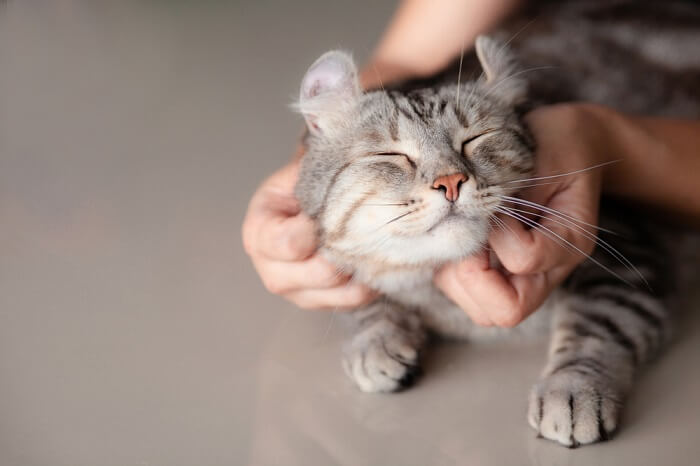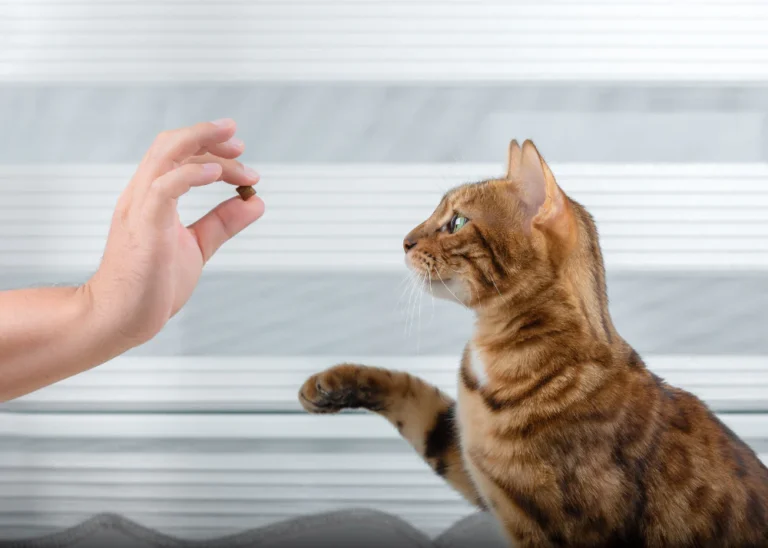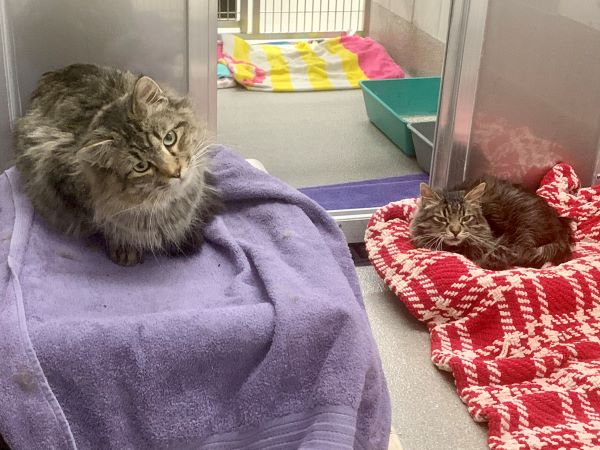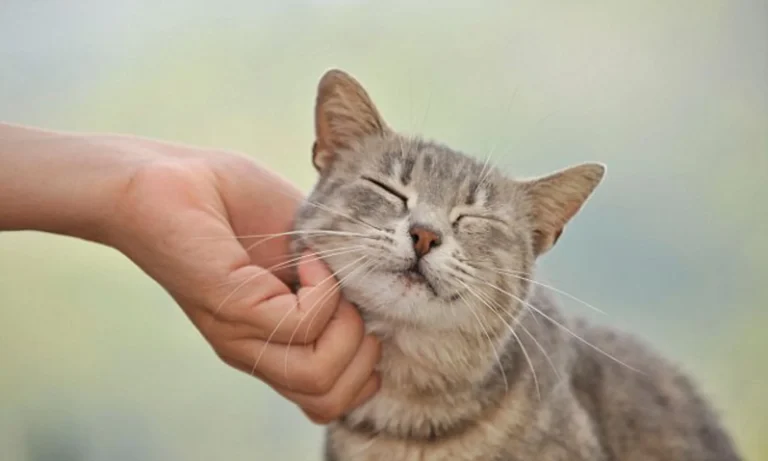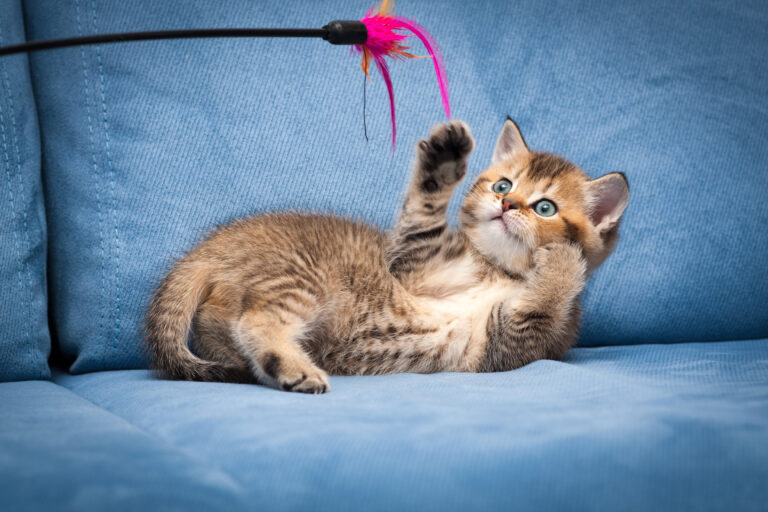Maintaining cat well-being
Understanding Feline Health: Key Considerations for Cat Owners
Cats are fascinating creatures that bring joy and companionship to our lives. As responsible cat owners, it is crucial to understand the key considerations for feline health. Firstly, providing a balanced and nutritious diet is essential for their overall well-being. Cats are obligate carnivores, meaning their bodies require a diet rich in animal protein. High-quality commercial cat food or a properly balanced homemade diet can fulfill their nutritional needs. Additionally, ensuring that your cat has access to fresh, clean water is vital to prevent dehydration and maintain proper bodily functions.
Regular veterinary check-ups are also vital in maintaining your cat’s health. Cats are known for their ability to hide signs of illness, making preventive care crucial. Veterinary visits allow for early detection of potential health issues and enable proper treatment and management. Vaccinations, parasite prevention, and dental care are integral parts of these check-ups. Moreover, spaying or neutering your cat not only helps control the pet population, but it also has numerous health benefits for the individual cat, reducing the risk of certain diseases and unwanted behaviors.
Creating a Safe and Stimulating Environment for Your Cat
Cats are known for their curiosity and love for exploration. As a cat owner, it is crucial to create a safe and stimulating environment that caters to these natural instincts. Providing a secure space for your feline friend is essential to prevent accidents and injuries. Make sure to remove any potential hazards such as toxic plants, small objects that could be swallowed, or dangling cords that could lead to entanglement. Additionally, ensure that windows and balconies are securely screened to prevent falls.
Creating a stimulating environment for your cat goes beyond just safety measures. Cats thrive in an environment that offers mental and physical stimulation. Provide various interactive toys that encourage play and keep your cat entertained. Consider puzzle toys that challenge their problem-solving abilities or toys that mimic hunting, such as feather wands or crinkly balls. Additionally, setting up vertical spaces like cat trees or shelves give them opportunities to climb and observe their surroundings, satisfying their natural instincts as agile climbers.
Providing Proper Nutrition and Hydration for Optimal Cat Health
Cats, like all living beings, require a balanced diet that provides them with the essential nutrients they need for optimal health. When it comes to their nutrition, it is important for cat owners to understand that cats are obligate carnivores. This means that their bodies are adapted to deriving nutrients primarily from animal protein sources. Therefore, it is crucial to provide your cat with high-quality cat food that is specifically formulated to meet their nutritional needs.
In addition to their diet, proper hydration is essential for the well-being of your feline companion. Cats have a low thirst drive and are not naturally inclined to drink large quantities of water. Therefore, it is important to ensure that your cat always has access to fresh and clean water. Some cats may prefer running water, so providing a water fountain can often encourage them to drink more. Dehydration can lead to a variety of health problems in cats, so it is essential to pay attention to their water intake and promote adequate hydration.
Regular Veterinary Care: The Importance of Preventive Check-ups
Visiting the veterinarian regularly for preventive check-ups is crucial for maintaining the overall health and well-being of your cat. These check-ups provide an opportunity for early detection and treatment of any potential health issues, ensuring that your feline friend stays healthy and happy.
During these check-ups, your veterinarian will conduct a comprehensive physical examination of your cat, including checking its body condition, listening to its heart and lungs, and observing its overall behavior. They may also perform diagnostic tests such as blood tests, urine analysis, and fecal examinations to screen for any underlying health conditions. These tests help catch any potential problems early on, before they develop into more serious and harder-to-treat conditions. Regular veterinary care also involves vaccinations to protect your cat against common infectious diseases. By keeping up with these vaccinations, you can significantly reduce the risk of your furry companion falling ill.
Promoting Mental and Emotional Well-being in Your Feline Companion
Cats may seem independent, but they are social animals that thrive on companionship and stimulation. To promote the mental and emotional well-being of your feline companion, it is important to create an environment that provides them with opportunities for social interaction and mental engagement.
One way to promote a healthy emotional state in your cat is to provide them with plenty of playtime and interactive toys. Cats have a natural instinct to hunt and pounce, and engaging in play not only provides physical exercise but also helps to stimulate their minds. Interactive toys, such as puzzle feeders or treat-dispensing toys, can provide mental stimulation and challenge your cat’s problem-solving skills. Additionally, spending quality time bonding with your cat through play can strengthen the bond between you and help relieve any feelings of stress or anxiety they may experience.
The Role of Exercise and Play in Maintaining a Healthy Cat
Exercise and play are vital components in maintaining the overall health and well-being of your feline companion. Engaging in regular physical activity helps keep your cat’s muscles strong and flexible, promotes healthy weight management, and reduces the risk of developing obesity-related health issues. Additionally, exercise and play allow cats to engage their natural hunting instincts, promoting mental stimulation and preventing boredom.
There are various ways you can provide exercise and play opportunities for your cat. Interactive toys, such as feather wands or catnip-filled mice, can engage their curiosity and encourage them to chase, hunt, and pounce. Setting up a cat tree or perches at different heights in your home can offer climbing and jumping opportunities. You can also create an obstacle course using boxes or tunnels to stimulate your cat’s exploration and provide them with an outlet for their energy. Remember to always supervise playtime and ensure that the toys or activities you provide are safe and suitable for your cat’s size and age.
Grooming and Hygiene: Essential Practices for Cat Care
Grooming and hygiene are essential aspects of cat care that owners should prioritize. Regular grooming not only keeps a cat’s fur clean and free from tangles but also helps to remove any loose hair or debris. Brushing a cat’s coat can prevent matting, which can lead to skin issues and discomfort for the feline. Moreover, grooming sessions provide an opportunity for owners to bond with their cats and check for any irregularities or pests like fleas or ticks.
In addition to coat care, maintaining good oral hygiene is crucial for a cat’s overall health. Brushing a cat’s teeth using specially designed toothbrushes and toothpaste can reduce the risk of dental problems, such as gum disease or tooth decay. It is important to start the dental care routine early in a cat’s life to familiarize them with the process. Additionally, regular nail trims are necessary to prevent overgrowth, splitting, or ingrown nails. Being mindful of a cat’s grooming and hygiene needs can contribute to their well-being and ensure they stay healthy and comfortable.
Understanding Cat Behavior: Recognizing and Addressing Signs of Stress
Cats are known for their independent and sometimes mysterious nature. However, it is important for cat owners to understand that our feline friends can also experience stress. Recognizing and addressing signs of stress in cats is crucial for their overall well-being.
One common sign of stress in cats is changes in their behavior. This can include increased aggression, excessive grooming, or even elimination outside of the litter box. Cats may also become more withdrawn or hide away in unusual places. It is important to pay attention to these behavioral changes and try to identify any potential stressors in their environment. By addressing these stressors and providing a safe and calm environment, cat owners can help alleviate their feline companion’s stress and promote a healthier and happier life.
Why is it important to understand cat behavior?
Understanding cat behavior is crucial for cat owners as it allows them to recognize and address signs of stress or discomfort in their feline companions. This understanding can help create a safe and stimulating environment for the cat, promote its mental and emotional well-being, and maintain its overall health.
How can I create a safe and stimulating environment for my cat?
Creating a safe and stimulating environment for your cat involves providing adequate hiding spots, vertical spaces, and scratching posts. It is also important to ensure that your home is free from potential hazards, such as toxic plants or unsafe objects.
What should I consider when it comes to feline health?
When it comes to feline health, cat owners should focus on providing proper nutrition and hydration for their cats. Additionally, regular veterinary care, including preventive check-ups, is crucial to ensure optimal cat health.
How can I promote mental and emotional well-being in my cat?
Promoting mental and emotional well-being in your cat can be achieved through interactive play sessions, puzzle toys, and environmental enrichment. Ensuring a calm and stress-free environment, as well as providing social interaction and affection, can also contribute to your cat’s emotional well-being.
What role does exercise and play have in maintaining a healthy cat?
Exercise and play are essential for maintaining a healthy cat. Regular physical activity helps prevent obesity and keeps the cat’s muscles and joints strong. Play also provides mental stimulation and helps relieve stress or boredom.
What grooming and hygiene practices are essential for cat care?
Grooming and hygiene practices for cats include regular brushing to prevent matting and hairballs, dental care to maintain oral health, and regular nail trims. Bathing should be done when necessary, using cat-specific products, and regular flea and tick prevention measures should be taken.
How can I recognize and address signs of stress in my cat?
Signs of stress in cats can include excessive grooming, loss of appetite, aggression, hiding, or changes in litter box habits. It is important to identify the cause of stress and address it accordingly, whether it be through environmental modifications, behavior modification techniques, or seeking veterinary assistance.

